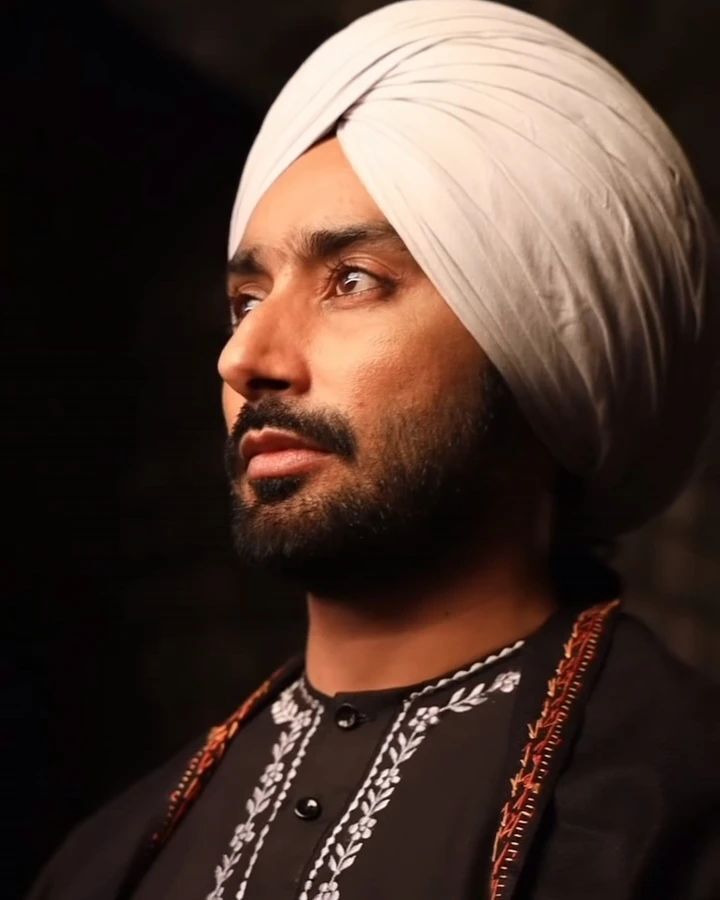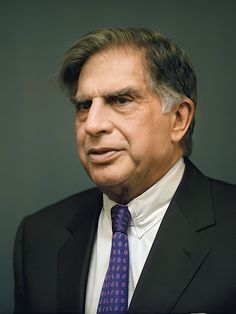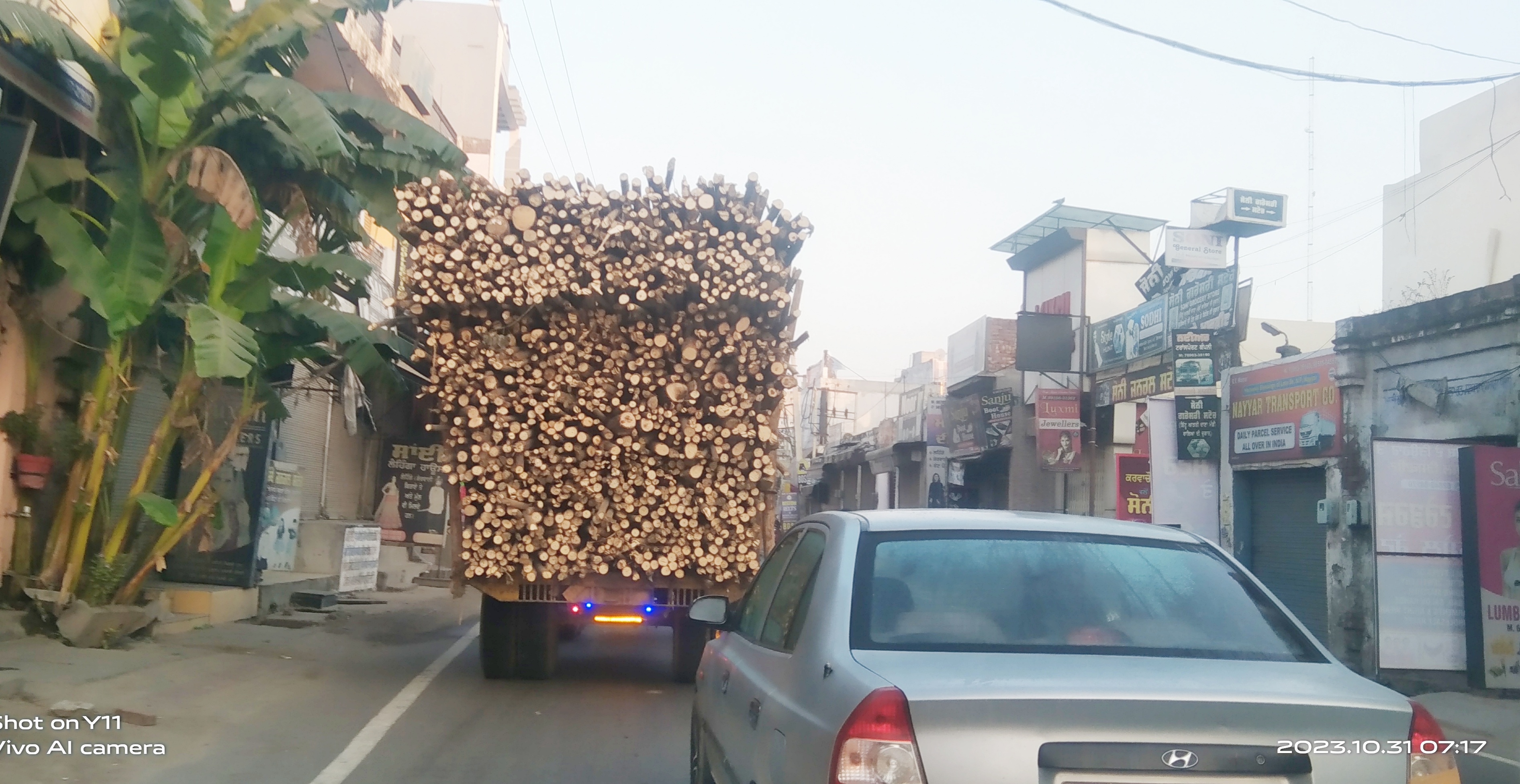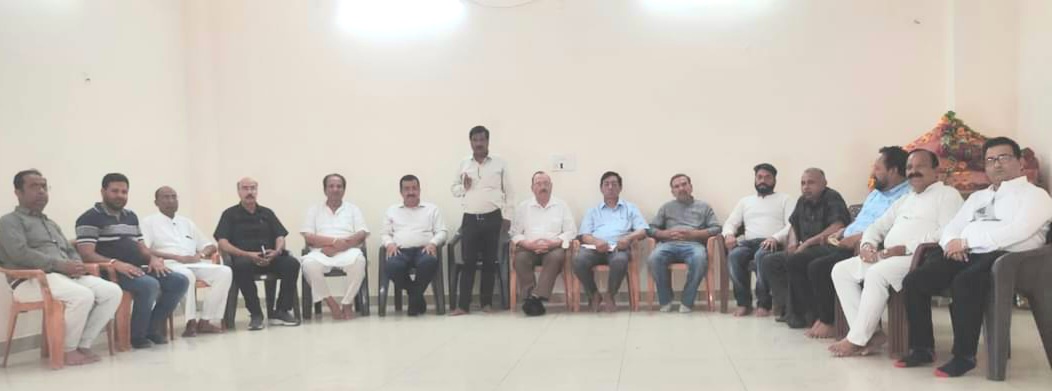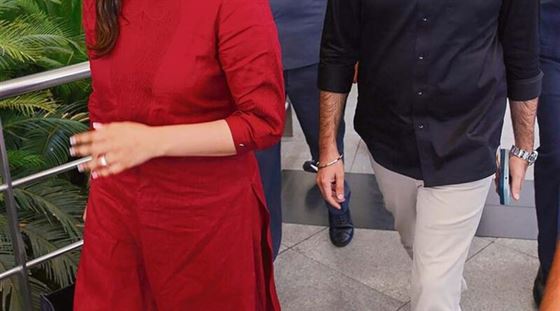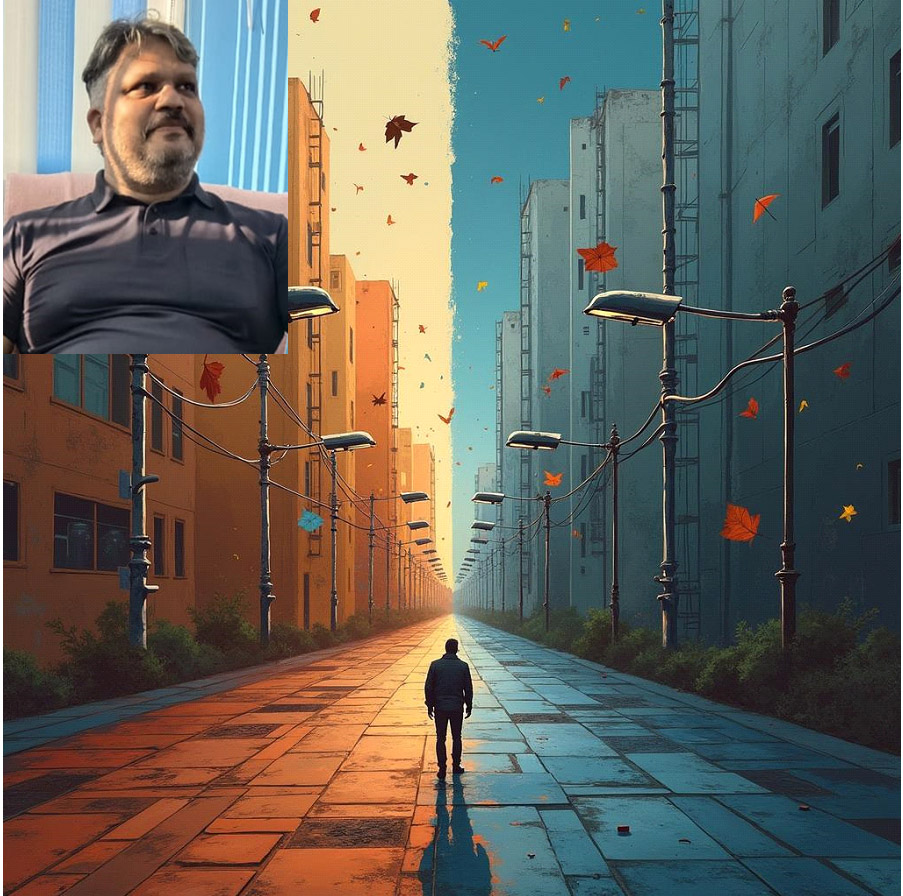
Modern contradictions and society
The progress of humanity presents a picture in which progress and contradiction are intertwined. Historically, society flourished on the basis of unity and moral integrity, where common origins fostered mutual respect and collective well-being. This period was a harmonious combination of moral principles and social harmony. Yet, as we approached the modern era, contradictions emerged.
The progress of humanity presents a picture in which progress and contradiction are intertwined. Historically, society flourished on the basis of unity and moral integrity, where common origins fostered mutual respect and collective well-being. This period was a harmonious combination of moral principles and social harmony. Yet, as we approached the modern era, contradictions emerged. The search for peace often leads individuals to solitude in nature, while environmental degradation is threatening these refuges. Technological advances have connected us globally, but at times this has come at the cost of basic individual interactions. Economic growth has uplifted many, but it has also deepened social inequalities. Globalization has enriched cultural exchange, while curtailing local exchange. These contradictions reveal the complex relationship between progress and moral thought. Amidst these challenges, one of the most pressing problems today is the rise of collective tensions, which is threatening eternal progress and unity. As we dive into these contemporary conflicts, it is important to understand how collective conflict is now threatening the stability and cohesion of humanity, once an integral part of human development.
The context of unity in history
In the past, groups were usually bound together by common origins and common goals. Moral principles and social standards played an important role in maintaining a sense of cooperation and unity. The ethos of the group was one of mutual respect and collective cooperation, with less division and greater acceptance of different perspectives. This unity was not merely a social structure, but a fundamental aspect of human life and well-being. The collective effort to maintain these roots created a stable environment where individuals could thrive together.
Contradictions in modern progress
As society progressed, new forms of life emerged, each carrying its own particular contradictions. The search for spiritual peace and equanimity led many to return to nature, finding peace in its untouched beauty. Yet urban sprawl and industrial activity are encroaching on nature. The irony of a lurid environment in the pursuit of peace reflects the pervasive contradictions that underlie human desires and actions.
Technological advances have revolutionized communication , connecting people over great distances with incredible speed and efficiency. However, this digital connectivity sometimes comes at the expense of face-to-face interactions and deep, personal connections. The convenience of virtual interaction is contrasted with the dynamism of physical presence and emotional connection, reflecting how technology shapes our social lives.
Economic growth has been an important driver of progress , lifting millions out of poverty and helping to improve living standards worldwide. However, this growth has also increased social inequalities, creating a divide between those who benefit from economic growth and those who are left behind. The benefits of progress are not distributed equally, which reveals a paradox.
Risk of collective stress
In this complex scenario, one of the most worrisome issues is the emergence of collective tensions. The same group that once thrived on unity and common roots is now grappling with divisions that threaten the collective well-being. These tensions manifest in various forms, from social conflicts to cultural conflicts, which undermine development progress.
Collective tensions challenge the group's theory of unity , replacing mutual respect with conflict and division. As society becomes more diverse and interconnected, managing these tensions becomes important in order to maintain cohesion and ensure that the benefits of progress reach all.
unyielding
The paradoxes of modern progress reflect the complex relationship that exists between technological development, economic progress, and social change. While these developments provide significant benefits, they also present challenges that need to be addressed to maintain collective cohesion and stability. As we seek to resolve these issues, it is important to foster dialogue, promote understanding, and work toward solutions that uphold the core values of dignity and inclusion. By addressing collective tensions and adopting collective welfare principles, we can ensure that progress does not undermine, rather than enhance, the cohesion and stability that are critical to human development.

